Coronavirus: human rights trampled in Asian nations as police enforce lockdown
Human rights violations are on the rise across Asia as authorities enforce draconian measures to curb the spread of COVID-19.
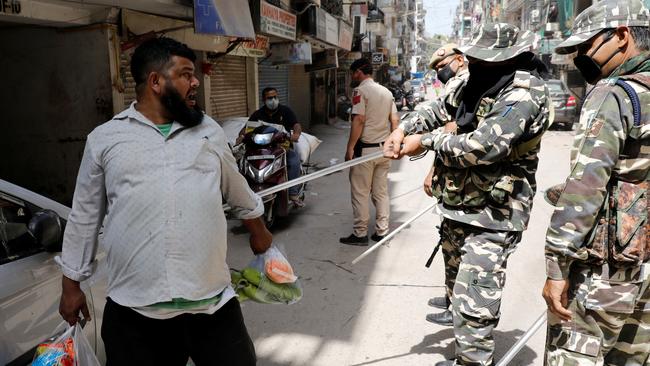
Curfew violators locked in cages, others stamped with indelible ink, whistleblowers prosecuted and teenagers arrested for Facebook posts — across Asia human rights violations are on the rise as authorities enforce draconian measures to curb the spread of COVID-19.
Close to two billion people across Asia are now in full or partial lockdown, the majority of them willingly co-operating with their governments as they struggle to prevent the catastrophic outbreaks first seen in China, then Europe, Britain and US.
But human rights groups have warned that the authoritarian enforcement measures being employed across the region are having a perverse effect, by leaving millions of poor and vulnerable stranded, forcing hundreds of people into crowded lockups and increasing already high levels of public distrust in governments.
The UN raised similar concerns earlier this month in a statement that “urgently” reminded states any emergency responses to the coronavirus must be proportionate, non-discriminatory and not used to quash dissent.
In The Philippines alone — where officials last week locked at least half a dozen men in a dog cage for breaching lockdown rules — many hundreds of people have been arrested for violating a curfew enforced since March 16 across Manila and the main island of Luzon. Most have spent at least a night in one of the country’s overcrowded lock-ups, negating attempts to prevent the spread of the disease.
Indian Prime Minister Narendra Modi’s snap announcement on Tuesday of a three-week lockdown as of the next day left many thousands of migrant workers stranded in cities across India, desperate to get back to their villages where life is cheaper.
Since then, reports have flooded in of authorities abusing those trying to get home, with police in Uttar Pradesh forcing some migrant workers to frog jump in the street. Across the country, others have been beaten or stamped on the forehead or hand with indelible ink signs declaring them a public health danger.
At least half a dozen states have either published the full names and addresses of COVID-19 patients, or marked their homes as being under quarantine, Human Rights Watch has found.
Thailand and The Philippines have imposed states of emergency, bestowing extraordinary powers on two of Southeast Asia’s most autocratic leaders, Prayuth Chan-o-cha and Rodrigo Duterte.
HRW Asia deputy director Phil Robertson said governments across South and Southeast Asia were abusing civil rights, but also freedom of information, under the cover of public health enforcement.
“The fundamental problem is that these governments see this as an enforcement decree, rather than recognising they need to provide effective and timely information to people if they want them to co-operate,” Mr Robertson told The Australian. “They’re confusing punishment with the overall objective, which is to try and prevent the spread of the virus. No enforcement measures should jeopardise that primary objective.”
A HRW report also highlighted cases of whistleblowers in Thailand’s public health sector and of online journalists being prosecuted for criticising the government response or for reporting black-market profiteering of medical supplies. Thai authorities have also threatened medical staff with dismissal for speaking out about severe supply shortages.
One man who returned to Phuket from Barcelona this month posted on social media that no one on his flight was screened at arrivals, is now in pre-trial detention and facing years in jail under the country’s computer crimes act.
Dozens of arrests on similar grounds have been made in Cambodia, where activists say the government is using the virus to target members of the opposition. A 14-year-old girl was among those arrested and interrogated after posting on Facebook a rumour that three students from her school had contracted the virus.
But violations are not just happening at the state level with medics in Indonesia, India and Myanmar reporting evictions. “Many nurses have been shunned by their boarding houses and some even kicked out of rooms because people are afraid they will bring the disease home,” said Indonesia National Nurses Association spokesman Harif Fadillah.


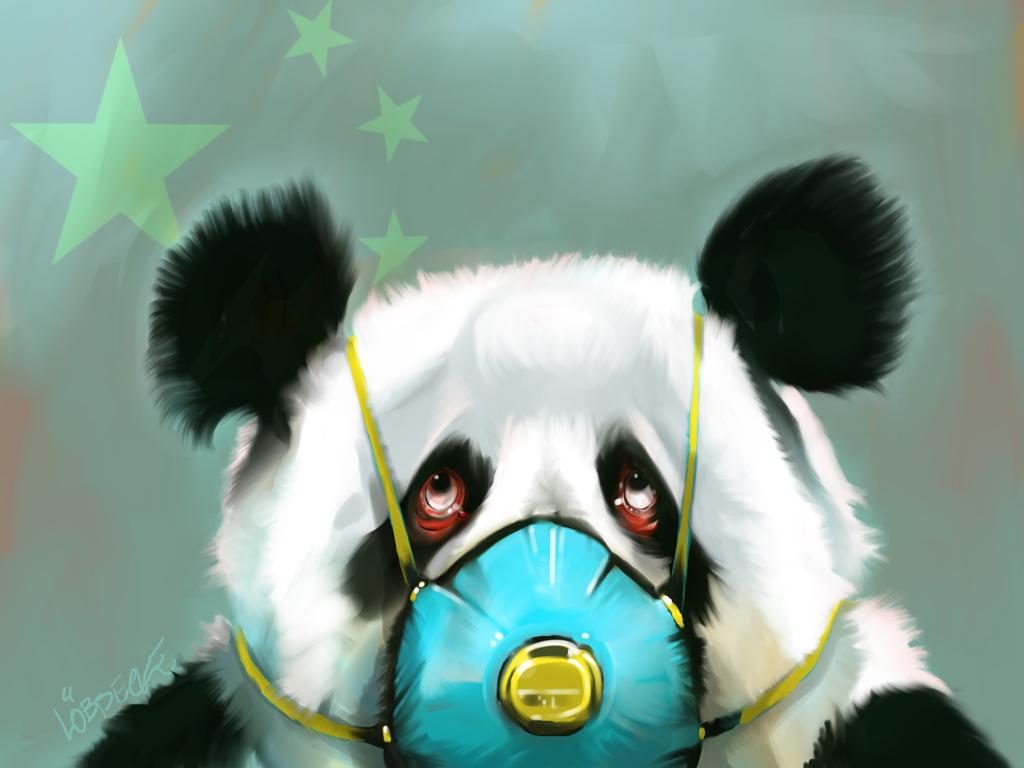
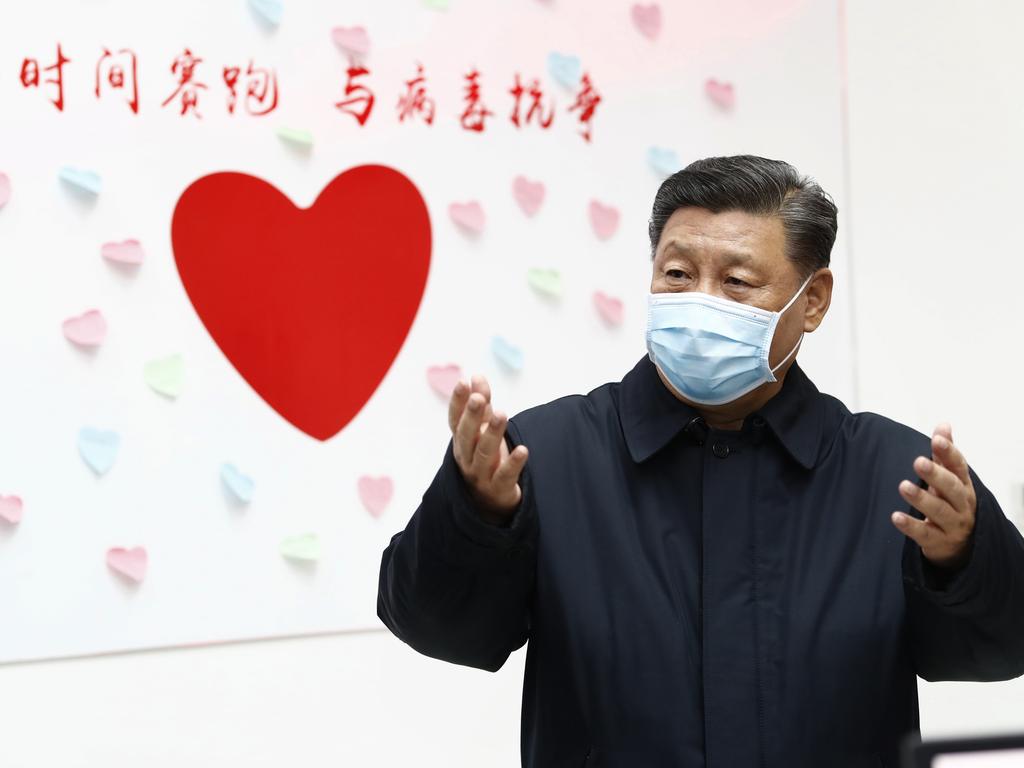
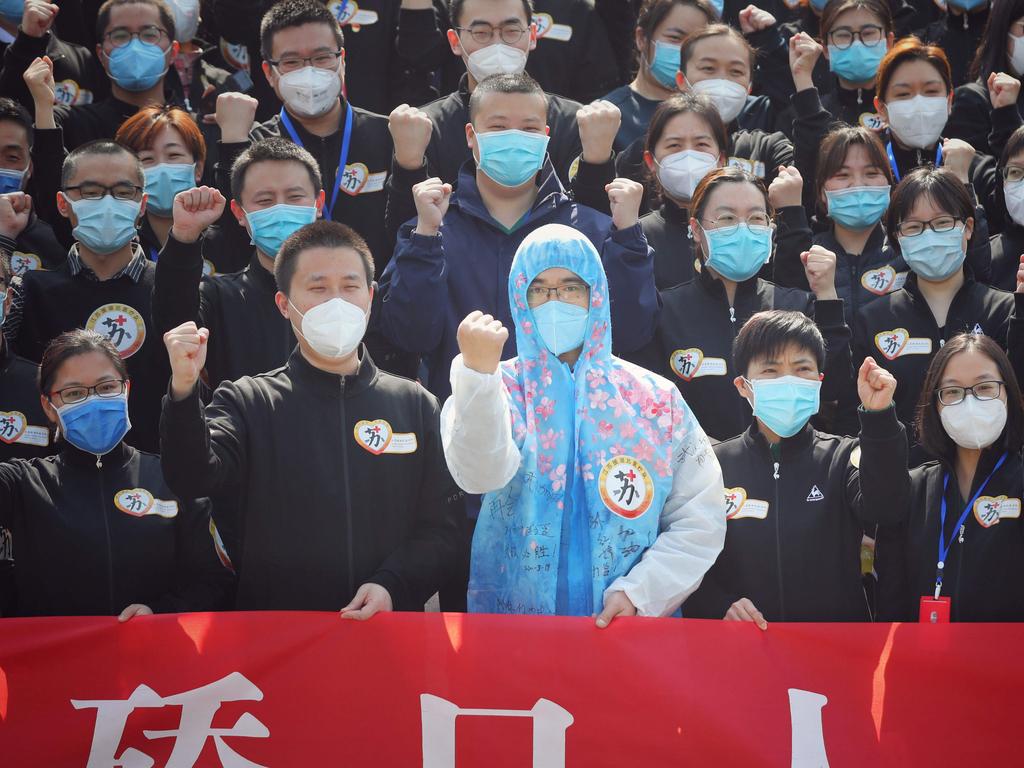
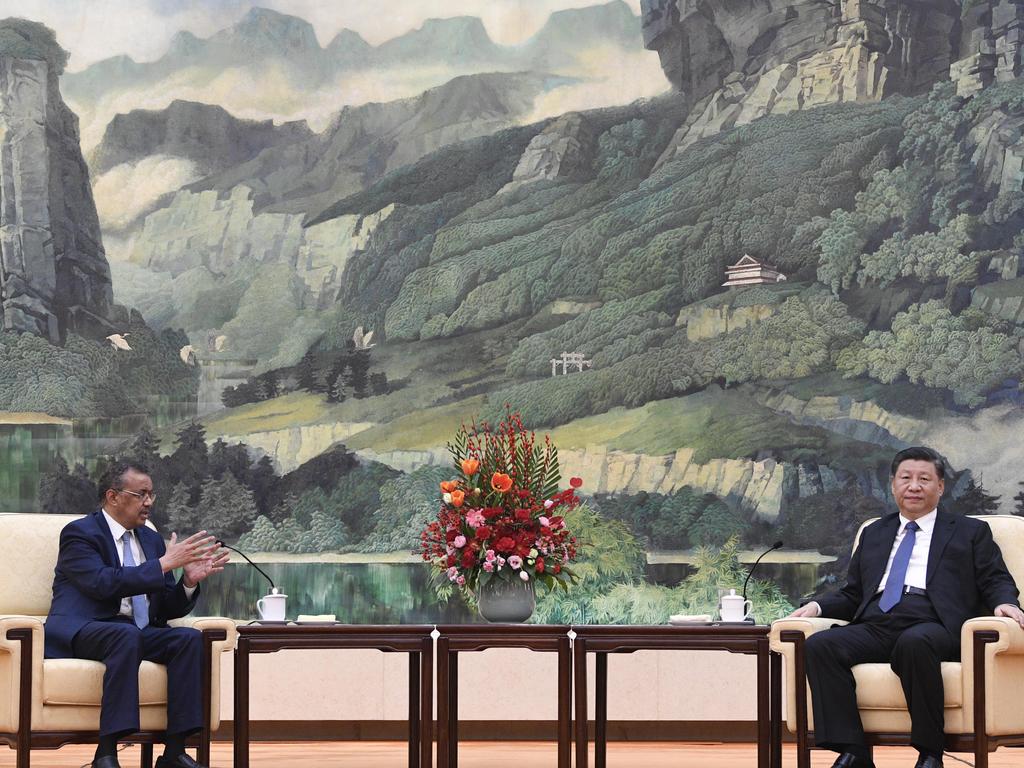


To join the conversation, please log in. Don't have an account? Register
Join the conversation, you are commenting as Logout